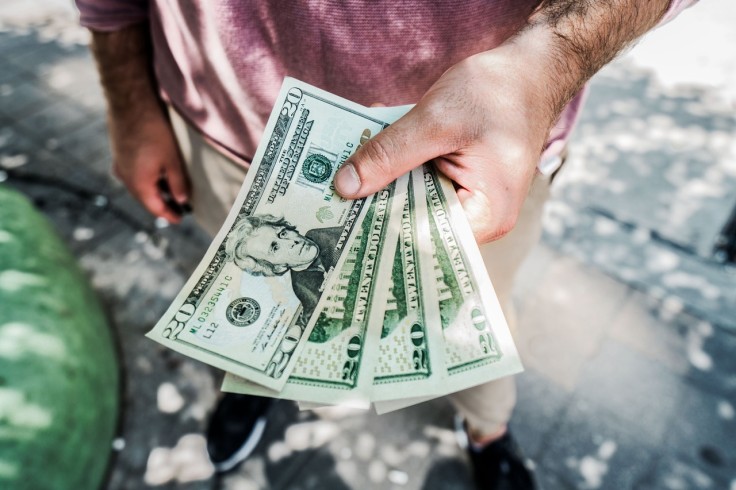
Having a plan to repay your student loans can help you settle the debt faster and borrow only the amount that you need.
Here are the things you need to consider:
1. Understand how your student loan debt will affect your future.
Student loans will affect your income and lifestyle at present and in the future. Will you make enough money to pay your loan and still have a balanced quality of life?
You can get some idea and sample computation by using a student loan repayment calculator. These types of calculators will help you estimate loan payments, based on your interest rate and payment terms, and how much of your future salary is needed to repay the loan. It's a real-time checker that can prevent you from borrowing an excessive amount in college.
2. Make student loan payments while you're still in school.
It seems unmanageable to make loan payments while you're still a college student and not earning a sufficient income. But any amount you can use toward your student loans can help you form responsible saving habits in the long run. Either it came from the money you earn in part-time jobs or savings from your allowance, both will lessen your debt.
Federal unsubsidized loans and private loans start accumulating interest during college and that will be added to your total loan balance. So it's better to pay down this interest as soon as you can to lower the debt at graduation.
3. Return your financial aid refunds.
When your school receives your college loan disbursement from your lender, it will deduct tuition, fees, and other costs and refund the remainder to you to settle other expenses not billed by the university - such as dorm rental, books, and supplies. If there is excess money after covering these expenses, it will be tempting to spend it. But it would be more practical to save it. Remember that when you spend that money, you'll have to pay it back with interest. So if you think there is no other urgency to keep that amount, it is better to return the refund to the lender within their specified time period - usually 30-120 days - to keep everything on track.
4. Pay down high and variable interest loans first.
Proper prioritization is the key. You will pay off your student loans faster if you'll pay more than the minimum amortization each month. If you have various college loans with different interest rates, it is suggestible to pay more than the minimum payment on your highest and variable interest rate loans and settling the minimum payment on loans with lower interest rates. You'll help yourself settle the most expensive college loans faster and protect your account from variable interest rate hikes due to external factors that can suddenly raise your monthly payments.
5. Work and save during the grace period.
With federal college loans, you are not obliged to start making payments until six months after you graduate. This is what entities' called a grace period. Save and earn as much money as you can during this time to help lessen your loan, especially if you started working right after college.
6. Set up auto-pay.
This is the best way to eliminate penalties. Having your student loan payments connected automatically to your bank account for deduction will prevent you from missing payments and incurring late charges.
ALSO READ: Student Loan: This Federal Lawsuit Program Might Come After Your House








